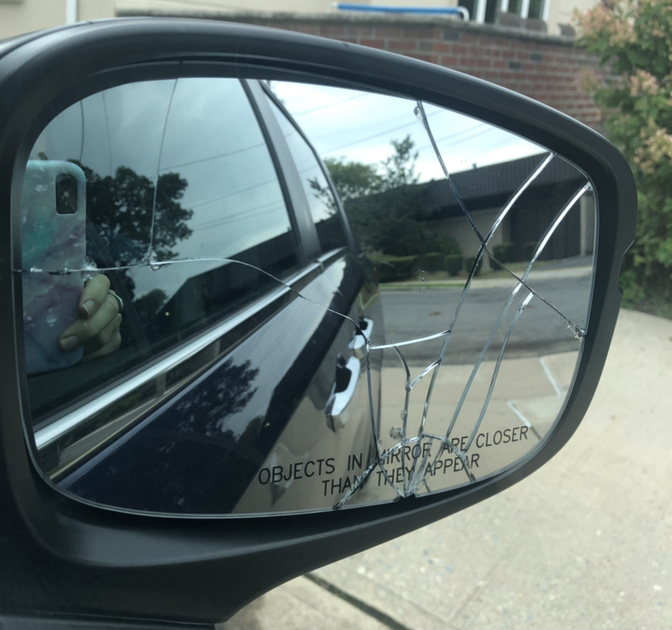
Something I've been thinking about for awhile (like years) is how this time of year in the Jewish calendar, the months of Av and Elul, can be emotionally triggering for a lot of people. There is a two month emphasis on the heavier side of religious experience- loss, destruction, suffering, and then examining our deeds, reviewing our behavior, confessions, and doing repentance. The healthy version of this spiritual process, involves honoring the process of grief and mourning in Av, yearning for a better world, and then using the month of Elul leading into Tishrei to introspect, connect, release negativity from within ourselves and our lives, and rediscover and build out the best version of what we can be.
But due to a variety of factors- including a socio-political wave of anti-religious zeitgeist in the academic West, and some disturbing maleducation from our systems within, negative religion is becoming something of an epidemic. Particularly at this time of year, when we are encouraged to do and feel hard things- it's not so light and feel good, and it can depress or alienate people. I've seen it firsthand in varying degrees- personally and professionally - anxiety, OCD, and depression can get activated by this intense focus on fixing the broken- in the world and the self. And this time of year is just a zoom-in of what religion feels like for many in general, not only now. Particularly if they grew up in a home or school system that over-emphasizes guilt, shame, minutia, and "you're not good enough" messages instead of inspiring, loving, forgiving spirituality. So many kids (and adults) end up with a corrupted version of religion that's based on fear rather than love, based on societal pressure rather than personal integrity, based on compulsion rather than free will.
I don't believe G-d intended for it to feel this way. I know this is something I need to remind myself all the time. So what I've been wanting to start for awhile, is a project called: Joyful Judaism. I don't have an exact plan of what this would entail, other than trying to put out content that engenders healthy, empowered, uplifting feelings within the religious experience.
In this week's Torah portion, the story of Moshe breaking the tablets is repeated. He descends from the mountain, sees the people engaged in idolatry due to their own anxiety, fear of abandonment, and misunderstanding about what G-d had expected from them. Moshe makes a unilateral, shocking executive decision to take the holy Torah and smash it, because at that moment, the Jewish people simply could not handle the intensity of what it mandated. Without context, this could sound irreverent- even heretical. But the very last Rashi in the Chumash quotes G-d as saying to Moshe: Well done for breaking the tablets. Moshe understood and expressed that the Torah is there to uplift the people, not to crush them. And the entire Jewish nation was rewarded with the priceless gift of grace. Of knowing that we can and will mess up- sometimes in a big way, but that there is always the opportunity to heal and reconnect. Love, joy, and trust, are what create meaningful relationships.
Going from Av into this Elul season, I would like to take upon myself to try and do my small part to find, share, and generate healthy, balanced, joyful religious content, mostly on social media, (where this post originated) using #joyfuljudaism but maybe here too. I invite anyone who is interested in hopping aboard to participate in the comments below:)
Check out my new course!
A Religious Families Guide to Healthy Holy Sex Education: Sacred Not Secret
Elisheva Liss, LMFT is a psychotherapist in private practice. Her book, Find Your Horizon of Healthy Thinking, is available on Amazon.com. She can be reached for sessions or speaking engagements at speaktosomeone@gmail.com More of her content can be found at ElishevaLiss.com
 Previous
Previous

